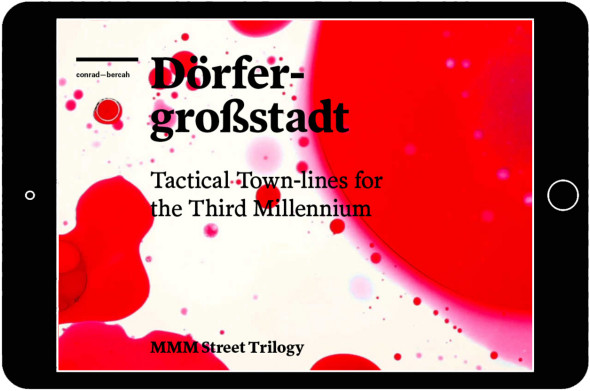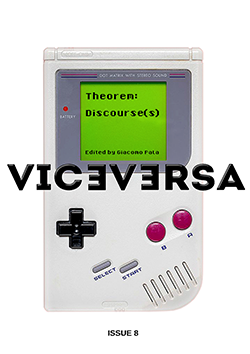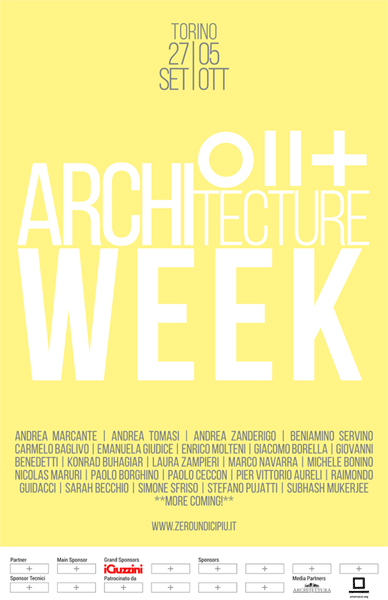Dörfer-Groβstad. Tactical Town-lines for the Third Millennium

In 1963, Greek town planner and architect Constantinos Doxiadis sailed for 8 days in the Greek islands on a boat hosting a number of world’s intellectual from different field, including Buckminster Fuller and Marshall Mc Luhan, to discuss how the phenomena of networks were reshaping the whole planet as a sort of global village. The meeting gave birth to the little known yet extremely prophetical Delos Declaration, which marked a new awareness of the phenomenon of communication and urbanization. As the Lawrence Journal-world of July 15, 1963 reports, the group agreed that ‘problem of expanding urban area may soon outstrip all other problem facing mankind, except that of nuclear war.’ The article also affirmed that ‘the general feeling is that in the next 40 years more urban construction will occur than has taken place in all prior history.’
In the year 2015, it is impossible to not agree on the fact that the urban meltdown, or the problem of expanding urban areas has indeed ‘outstripped all other problems facing mankind, including the possibility of nuclear war’ and the reality of the financial meltdown, of which it is not a temporary ‘uncontrolled’ consequence but a direct result and from which there is no U-turn. Is an urbanising world a ‘triumph of the city’, or an environmental tragedy in the making? How can we assure that modern cities develop a regenerative relationship to the living world on whose health they ultimately depend?
Dörfer-Groβstad argues for a fundamental conceptual shift in the way we organise our urban systems, and for thinking and acting beyond what is considered ‘sustainable’ development. Urban dwellers need to find ways of escaping what is increasingly felt like a virtual and frontal attack on their well-being without escaping urban matter. Large modern conurbations have effectively tried to declare their independence from nature. People tend to see cities as centres of the universe rather than as appendages of ecosystems and climate systems.
Dörfer-Groβstad, is an ebook discussing the merits of several tactical planning concepts aiming at establishing a healthier relationship between Natur and Kultur. The theory does not rule out radical thinking and in fact sponsors a new attitude towards urban matter based on little talked about modus operandi like demolition, recycling, multi-scaling and urban hacking. The book is a collection of memos, essays, interviews, videos, photo galleries, interactive graphics, reports, data sets, and, even, personal journals – all produced over the last five years. The variety of documents and modes of writing reflects the multifaceted reality of urbanity today as well as the urgency of approaching its complexity from a variety of angles.
The author of Dörfer-Groβstad, conrad-bercah, is an architect, architectural/urban thinker and the founding director of c-b-a, content for bare architecture, a Berlin-based architectural practice focused on defining a contemporary a-b-c in architecture, expressing the bare life of architectural form stripped of the prevailing rhetoric of the day.
You can buy Dörfer-Groβstad here.
Questo sito usa Akismet per ridurre lo spam. Scopri come i tuoi dati vengono elaborati.








Lascia un commento